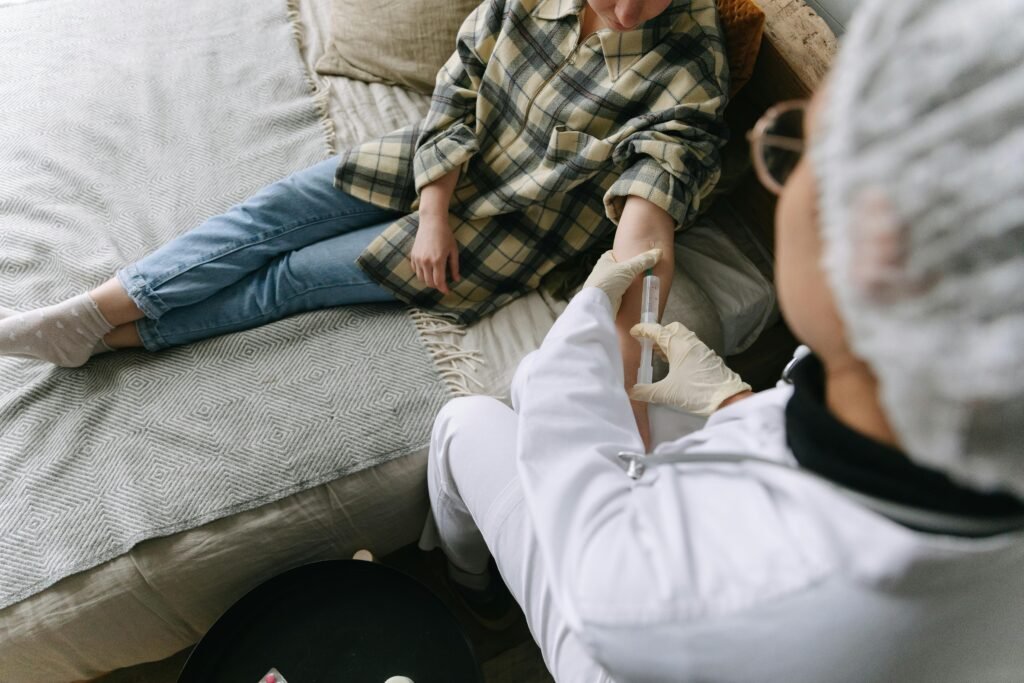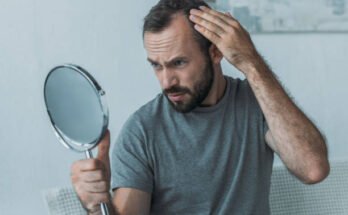Table of Contents
Hair Loss in Women: Causes, Treatments
Hair Loss in Women: Causes, Treatments It is a general misconception that hair loss only occurs in men. But women should understand that it is a condition that hits them hard. Hair Loss in Women: Causes, Treatments Losing hair can actually put a person in a state of psychological distress, thus lowering his or her self-esteem. Learning about the causes, treatments, and preventions of hair loss in women is essential to address this condition with utmost effectiveness.
Causes of Hair Loss in Women:
- Hair loss in women is not limited to genetic factors but also lifestyle factors. Some of the common causes include:
- Why do women lose hair for HORMONAL Changes?: Pregnancy and menopause and hormonal changes brought about by polycystic ovary syndrome (PCOS) are known to lead to hair thinning or shedding.
- Stress: Physical or emotional stress may also cause a particular form of hair loss known as telogen effluvium, which occurs when more hair than normal enters its shedding phase.
- Nutritional Deficiencies: Nutritional insufficiency causes the reduction in general mineral and vitamin nutrients, usually iron, biotin, zinc, and vitamins, resulting in weakened activities in hair follicles and a slowdown in growth.
- Medical Conditions: Certain disorders cause hair fall, for example, hyperthyroidism, alopecia areata, and infections of the scalp.
- Medications: Hair loss becomes a side effect of certain medicines taken for cancer treatment, arthritis, depression, and high blood pressure suffices.
- Hairstyling Practices: Overheating, chemicals, and tight hairstyles are all agents that may lead to traction alopecia, causing damage to the hair roots.
Types of Hair Loss in Women
- Female pattern baldness: More popularly regarded as androgenetic alopecia. It is a genetically developed thinning of the hair and occurs generally at the crown and parting of the scalp.
- Telogen effluvium: A type of hair loss that usually resolves over a period of time, and most often, it is prompted by stress or medical events.
- Alopecia areata: This is an autoimmune condition, the most common presentation of which is an area of hair loss on the scalp, although it can also cause hair loss in other regions of the body.
- Traction alopecia: Hair loss resulting from repeated tension or pulling.

Different Treatment Options
- The treatment of women’s hair loss involves various considerations with regard to the cause. Typical therapies are:
- Topically Administered Drugs: Minoxidil is FDA-approved in women who can not stop growing hair and will not progress to more advanced patterns of shedding.
- Oral Medications: Such drugs like spironolactone and finasteride are only given in some cases.
- Lifestyle Changes: An enhanced diet, reduced stress, and styles that do not damage hair could all work toward hair health.
- Surgical Operations: Redistribution of hair would occur in highly bald or significantly thin spots.
- Platelet-Rich Plasma (PRP) Therapy: This treatment consists of injecting PRP into areas of the scalp where it is speculated to increase hair growth through senescence stimulation of follicles.
- Supplements: Consumed biotin, iron or other vitamin and nutrient-containing products, these product types can help overcome some deficiencies that result in hair loss.
Prevention Tactics
- While they cannot stop hair loss, healthy habits lower risk problems and improve the health of hair, and they do:
- Eat a Balanced Diet: Plenty of protein-rich food, iron, and vitamins.
- Don’t Overdo it with Heat and Chemicals: Make use of hot tools as little as one can, and consider chemical treatments.
- Be Gentle on the Hair: Use sulfate-free shampoos; avoid tight hairstyles.
- Manage Stress: Engage in yoga, meditation, or deep breathing exercise, to name just a few techniques.
- Have Regular Checkups: That way, you will know if there are any medical conditions that need to be addressed early enough.
Emotional Consequence of Hair Loss
This is what develops along with hair loss in women-an emotional burden that bears down like shame, nervousness, or depression. The best solution is to find a support network from friends, family, or even counselors to help one through the emotional challenges. Moreover, dermatologists, trichologists, or similar specialists may also be consulted and referred to for advice and treatment according to one’s needs.
Conclusions
Actually, hair loss among women is a complex problem and not simply just diagnosis, treatment, and prevention. It is about knowing what a woman is up against and her choices so that she can actively pursue and take control over her own hair health. If there is hair loss, the first step usually taken is seeing a healthcare professional.



